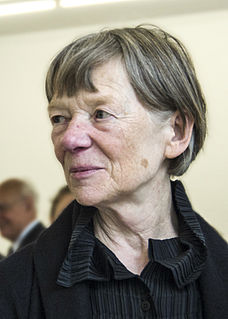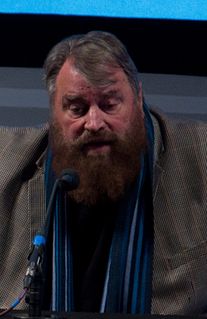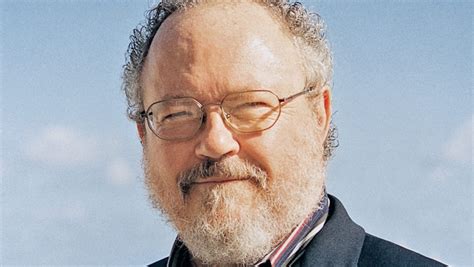A Quote by Peter Thiel
There are still many large white spaces on the map of human knowledge. You can go discover them. So do it. Get out there and fill in the blank spaces. Every single moment is a possibility to go to these new places and explore them.
Related Quotes
I photograph in public and semi-public spaces that date from various epochs. These are spaces accessible to everyone. They are places where you can meet and communicate, where you can share or receive knowledge, where you can relax and recover. They are spas, hotels, waiting rooms, museums, libraries, universities, banks, churches and, as of a few years ago, zoos. All of the places have a purpose, as for the most part do the things within them.
Web publishing can create common spaces; it all depends on how we, the readers and sometimes the producers, react to technological change. If we sort ourselves into narrow groups, common spaces will be in big trouble. But there's no reason not to have common spaces on the Internet. There are lots of them out there.
I want to explore a new place each year, and it can be within India. When I was shooting for 'Mohenjo Daro', I couldn't travel out of the country for two years. But it gave me an opportunity to explore new places within India. I'm sure there are so many places to explore in India, and I would love to go there.
I've always been interested in queerness and underground and fringe and periphery, and who and what flourishes in those spaces. Those spaces that are darker and dingier and more dangerous, more lonely. What comes out of there, to me, is the life force. I'm excited when the center reaches over to those places and pulls inspiration from them, and translates it for a lot of people.
I don't think colleges are safe spaces. It's one thing to have a fraternity house or a community center where students can go and talk about their shared experiences. But it's another thing to have safe spaces in the sense that the university's providing them with protection from what they have to experience and find ways of protesting and resisting.
Spaces devoted to Hannibal Lecter’s earliest years differ from the other archives in being incomplete. Some are static scenes, fragmentary, like painted attic shards held together by blank plaster. Other rooms hold sound and motion, great snakes wrestling and heaving in the dark and lit in flashes. Pleas and screaming fill some places on the grounds where Hannibal himself cannot go. But the corridors do not echo screaming, and there is music if you like.


































